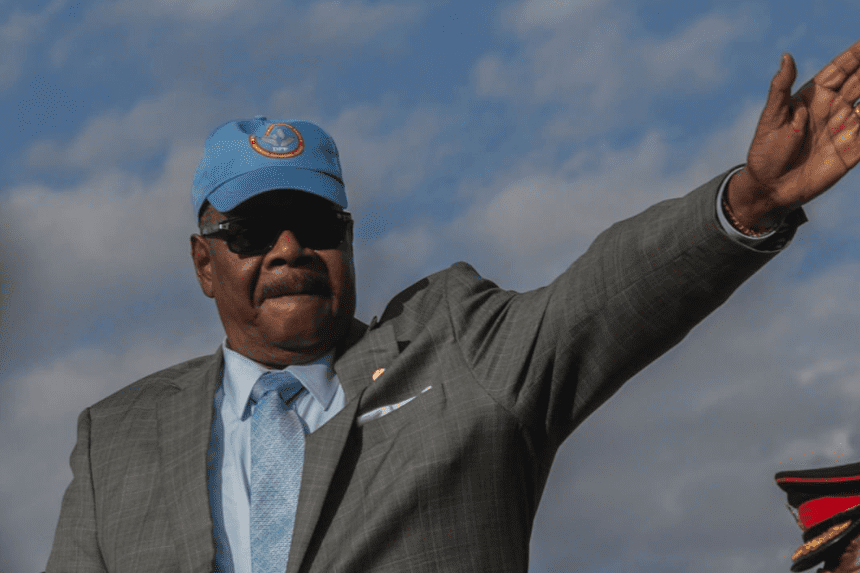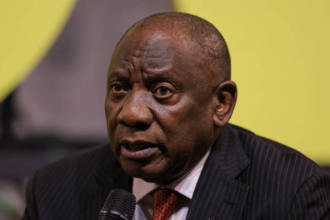In a striking political comeback, former Malawian President Peter Mutharika has secured victory in the latest Malawi presidential election, reclaiming leadership at the age of 85. Official results confirm he received 57% of the vote, defeating the incumbent, Lazarus Chakwera, who garnered 33%. This marks the fourth time the two political heavyweights have faced off in an election.
Mutharika’s return comes amid a deep national crisis. Malawi faces a struggling economy, severe fuel shortages, and an inflation rate nearing 30%. As he prepares to address the nation, all eyes are on how he plans to resolve the same challenges that also plagued his previous administration.
What Led to Mutharika’s Comeback?
Peter Mutharika previously served as Malawi’s president from 2014 to 2020. After losing the presidency to Chakwera in a re-run of a controversial 2019 election, many thought his political career was over. However, rising frustration with Chakwera’s leadership gave Mutharika another opportunity.
Chakwera, a former pastor, conceded defeat before the final tally was announced. He acknowledged “irregularities” in the voting process but emphasized that the outcome reflected the people’s will for change. This peaceful concession was welcomed by citizens and observers alike. Here is the link to our article on Museveni Election Bid.
Why Did Malawians Vote for Change?
Public dissatisfaction under Chakwera’s leadership has grown significantly. Despite global challenges such as the pandemic and the war in Ukraine, many citizens blamed the administration for corruption, power outages, and skyrocketing costs of living.
The Malawi presidential election became a referendum on economic management. With inflation making basic goods unaffordable—such as frozen chicken costing nearly $20 in a country where most survive on less than $2 per day—voters sought relief through leadership change.
Is Mutharika Ready to Lead Again?
Despite his age, Mutharika’s campaign emphasized stability and a “return to proven leadership.” However, questions remain about his health and ability to govern. During the campaign, he made a few public appearances, which fueled speculation about his stamina and capacity for office.
His supporters, however, remain confident. Celebrations erupted in Lilongwe after the results were declared, with chants of “Adadi” (father) echoing through the streets. For many, the vote was less about enthusiasm for Mutharika and more about disillusionment with Chakwera. Here is the link to our article on the Korean Election Unity.
How Will the Transition Unfold?
According to Malawi’s constitution, the president must be sworn in within seven to 30 days following the election result. The country’s Electoral Commission said it used the full legal timeframe to ensure all complaints were properly addressed.
This careful handling comes after the 2019 election, which was annulled by the judiciary over widespread irregularities. The commitment to transparency in this vote marks progress in Malawi’s democratic process, even as the country remains politically polarized.
Final Thoughts
The Malawi presidential election has reshaped the nation’s political landscape. Peter Mutharika’s return reflects a public demand for immediate solutions to economic hardship. Whether his leadership can bring lasting improvements remains to be seen. However, the election result sends a clear message: Malawians are ready for change, and accountability will be the new benchmark for any leader moving forward.








